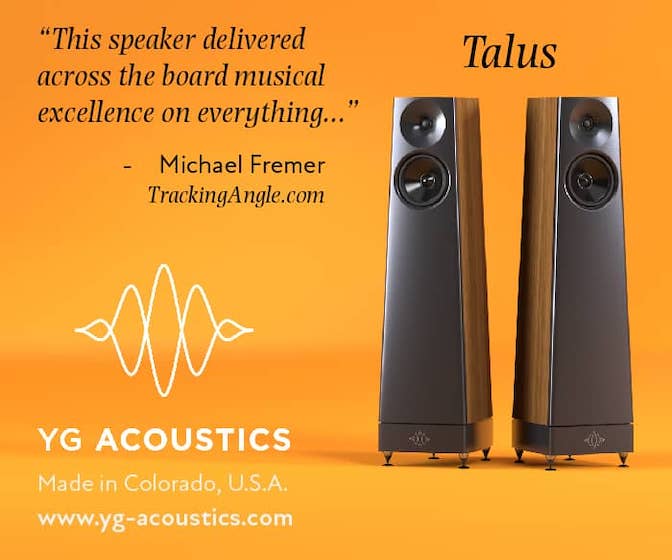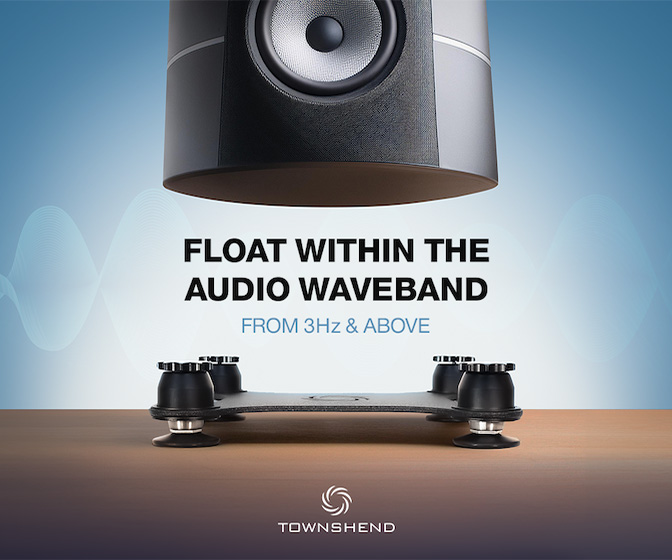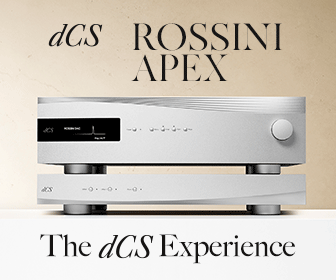For a Good Time Call Cannonball
a joyful reunion plus 1/2 of the MJQ & great sound make for an efficacious OJC reissue
The obi says the Adderley/Evans "reunion" was "Cannonball"'s idea, something I didn't know when I picked up a Japanese repress for $3.98 at Record Surplus back in the mid-80s during the era of the great "vinyl record replacement dump"—and what a great time it was for those who recognized the CD folly for what it was!
The cover shot doesn't have Julian appearing all that happy posing with his horn in front of some art that included a cube featuring a snippet of an Evans photo that appears to be the one used for the Sunday at the Village Vanguard album that was recorded three months after the final session that produced this one. This album wasn't released until the fall of 1962, so that makes sense (the liner notes here refer to the Waltz For Debby LP).
But for $3.98 I picked it up and was not disappointed, despite the cover face that made this appear to be a chore of a session arranged by producer Keepnews and performed by Adderley by obligation not by choice. Once I got home and read the liner notes I knew that this was a Cannonball-produced session overseen by Keepnews, so the joyful music makes complete sense. The photo is the outlier.
Of course Adderley and Evans played together just a few years earlier on that record and Evans was only in Miles's group for a few months so calling this a "reunion" is a bit much. The addition of The Modern Jazz Quartet's bassist Percy Heath and drummer Connie Kay gave fans of that group's tuxedoed formalism and chance to hear the two in a very different setting.
The album opens with "Waltz For Debby", which when this was recorded had yet to be put to tape at the Village Vanguard, but did appear as a solo effort on New Jazz Conceptions Evan's 1957 Riverside debut.
It's as much a joy to groove on Kay's and Heath's understated support as it is to dig Evans and of course Adderley who smooth talks, flows with vibrato and coos his way through most of this album as Coltrane did on Ballads recorded at roughly the same time. The group here also records "Nancy (with the Laughing Face) as well as Benny Goodman's sign-off tune Gordon Jenkins' "Goodbye" and John Lewis's "Venice".
The group's take on the Gershwin Brothers' "Who Cares" is an uptempo romp that's followed by the leisurely Lewis-penned side closer. Evans and Heath conspire right and left to keep Adderley in a swinging space in between. A lovely side ender for sure.
Side two opens on an uptempo number, Clifford Jordan's "Toy", giving Adderley some room to blow and Evans space to hit the keyboard more forcefully. It's as close to a Parker vibe as the record gets. The group covers Earl Zindars' "Elsa", probably at Evans' suggestion. They were army buds and Evans recorded the song on his Riverside album Explorations produced at Bell Sound during this albums production time frame.
That's followed by an expressive, lingering take on "Nancy (with the Laughing Face) followed by an Evans original written at Adderley's suggestion during the recording. It starts on a simmer and then picks up a load of dazzle with Connie Kay doing some rhythmic announcing unlike what you encounter on MJQ records. if you were lulled into the earlier mood, this change will "un-lull" you! Aided by a ridiculously excellent drum kit recording.
Why stop there? This is an overall ridiculously fine recording, which is notable because some Riversides were not. This one recorded at Bell Sound is notably fine, especially Adderley's sax, which majestically floats center stage, and if your system can capture it, in a well defined space. Heath's bass is well-captured as is Evans' piano and as previously noted, so is Kay's drum kit.
It's a recording to love and Kevin Gray's mastering is doubly to love, especially compared to the Japanese reissue I've been listening to all these years (SMJ-6051), which, despite the pressing excellence, sounds like what it is: cut from a later generation tape—dullsville by comparison.
An excellent Kevin Gray cut reissue using the original master tapes of a "pick up group" that meshed from the opening downbeat and delivers an album's worth of mainstream jazz pleasure. Highly recommended.














































